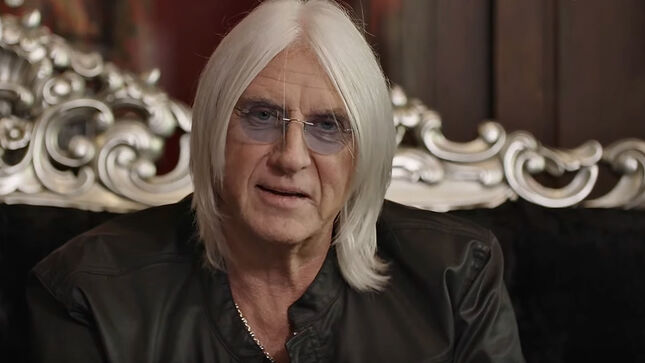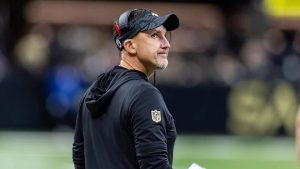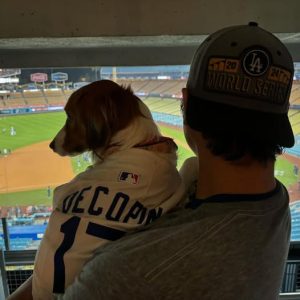
Screenshot
How Pete Willis Was Fired From Def Leppard
How Pete Willis Was Fired From Def Leppard
Cameron Maxwel
Follow
Feb 7, 2018
Listen
Share

For many Def Leppard fans, their best work included original guitarist Pete Willis.
Sadly though, the last fans heard of his guitar playing were the rhythm tracks on Leppard’s blockbuster Pyromania album, as he was fired while the band was recording it with producer Mutt Lange.
Willis was an integral member who co-wrote many songs on On Through the Night, High ‘n Dry and several off Pyromania (“Photograph”, “Too Late For Love”, “Comin’ Under Fire” and “Billy’s Got A Gun”).
It was Willis who brought singer Joe Elliott into the fold, as well as the late Steve Clark.
Naturally, as a bunch of 20-something’s from Sheffield, England, the band enjoyed partying as much as the next rock star, but Willis had more of a problem with alcohol than the other members.
Even before he was fired, there was trouble with Willis as they were touring in support of High ‘n Dry. His eventual replacement, Phil Collen, told musicradar.com that Elliott actually called him and told him to learn the songs.
“What happened was, Pete Willis was having some problems with the band — things were just not going well — and one day, during the High ’n’ Dry tour, I got a phone call from Joe Elliot, who was in the States at the time. ‘Can you learn 16 songs in two days?’ he asked me. ‘Uhh, yeah,’ I said. ‘Why is that?’ And then he told me that things weren’t great with Pete, that it wasn’t working out,” said Collen. “Funny thing is, Joe called me two days later and told me that things were OK again.
That would have been in the late summer/fall of 1981.
Things with Willis would come to a head during the recording sessions for Pyromania less than a year later in England. After a long night of partying, Willis showed up at the studio in rough, rough shape.
The band were working on “Stagefright” and Willis basically could not play the guitar, so Lange told him to go home and dry out.

It was then that Leppard decided to fire Willis, and Elliott was tasked with breaking the news to his bandmate. Incidentally, the band wanted then-manager Peter Mensch to tell Willis, but he refused, reportedly saying “No, it’s your band. You’re big boys.”
So Elliott broke the news to Willis over the phone on July 10, 1982.
“He was nice about it,” Willis said of Elliott’s phone call. “He said ‘I’m really sorry, Pete, I didn’t want to have to be the one to tell you this, but I got the job anyway.’ After he said that, I knew what was coming next, I said I wanted to come down and talk about it. I didn’t want to change their minds as much as to ask why — although deep down, I knew why.”
The next day, Willis met with the rest of Leppard at Mensch’s London home and was told again he was no longer a member of the band.
Elliott recalls Willis offered to get psychiatric help, but the singer responded that it was too late for that. “I had to be adamant because I knew nobody else would stand up. I said ‘It’s finished, there’s nothing to discuss.’ After that, he went ‘Well, to be honest with you, I’m slightly relieved about it.’ And that was it.”
With that, the band brought in Collen to finish the Pyromania sessions where he laid down some solos and added backing vocals, then became a permanent member in the band.
Sadly though, alcohol addiction cost Def Leppard another member when Steve Clark died in 1991.
After Willis left, Def Leppard lost some of their hard rock edge as Hysteria, the follow-up to Pyromania, boasted more of a radio-pop feel to it.
To their credit, Willis still gets all of his song-writing royalties and he’s never had any hard feelings towards his former band.








